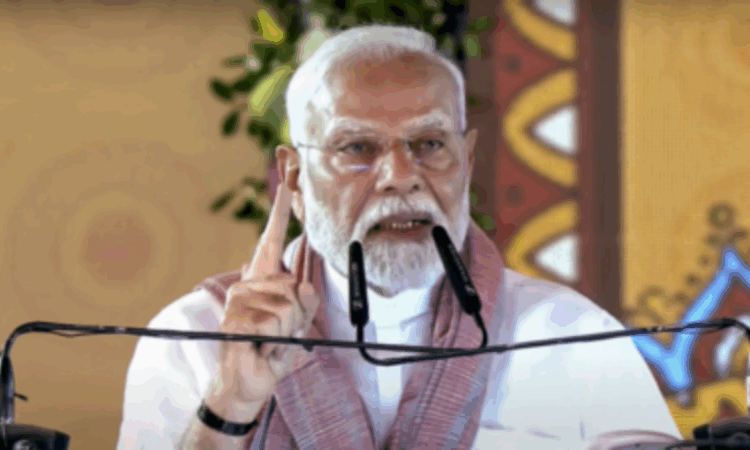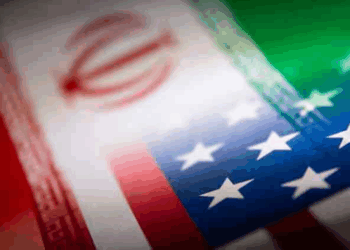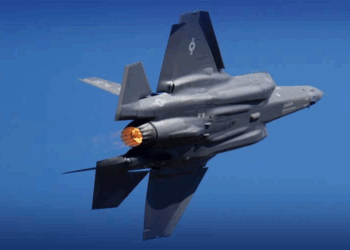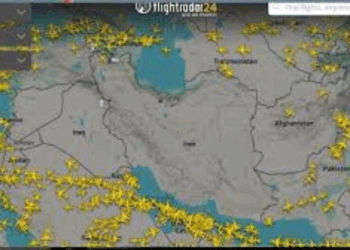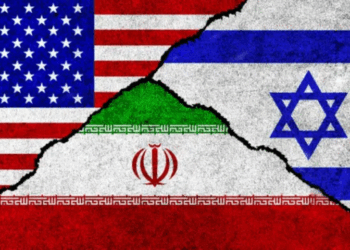New Delhi, April 24, 2025: Indian Prime Minister Narendra Modi on Thursday delivered a fiery speech vowing to bring the perpetrators and supporters of the recent Pahalgam attack to justice, declaring that they would be pursued “to the ends of the Earth.” The remarks come in the wake of a deadly assault in the Pahalgam region of Indian Illegally Occupied Jammu and Kashmir (IIOJK), where more than two dozen civilians, including tourists, were killed — marking the deadliest such incident in the disputed territory in over two decades.
Addressing a public gathering in Bihar, Prime Minister Modi sent a direct message to both domestic and international audiences. “India will identify, track, and punish every terrorist and their backers,” he said. “They will pay — beyond their imagination. Whatever little land these terrorists occupy, we will reduce it to dust. The willpower of 1.4 billion Indians will break the backbone of these enemies.”
The attack, which took place on Tuesday, has reignited long-standing tensions between India and Pakistan. In the immediate aftermath, the Indian government pointed the finger at Islamabad, accusing it of fostering cross-border terrorism — an allegation Pakistan has categorically denied. Nevertheless, New Delhi has swiftly moved to downgrade diplomatic relations and enforce a raft of retaliatory measures.
In a dramatic turn, India has suspended the Indus Waters Treaty, a historic water-sharing agreement between the two nations facilitated by the World Bank. Visas previously issued to Pakistani nationals have been cancelled, and all Pakistani citizens in India have been ordered to leave the country by May 1. The Wagah-Attari border crossing has been shut, and the Integrated Check Post at Attari has ceased operations. Additionally, Indian authorities have declared Pakistani military, naval, and air advisers based in New Delhi persona non grata, giving them a one-week deadline to exit the country. India has also announced a significant reduction in diplomatic staff at both High Commissions, trimming their presence from 55 to 30 personnel.
In a rare shift to English during his address, Modi emphasized to the global community that “terrorism will not go unpunished” and pledged that “every effort will be made to ensure justice is done.”
The diplomatic standoff further escalated as India summoned Pakistan’s senior-most envoy in New Delhi to formally communicate its protest and notify the expulsion of defence officials from the Pakistani mission. In turn, Islamabad recalled its own advisers from India.
Meanwhile, across the border, Prime Minister Shehbaz Sharif convened an emergency meeting of the National Security Committee (NSC) in Islamabad. The high-level session, attended by both civilian and military leadership, is reviewing New Delhi’s measures and strategizing Pakistan’s response to what it describes as “baseless allegations and provocative actions.”
As rhetoric hardens on both sides, regional observers warn that the situation remains fragile and volatile, with the potential to spiral into a broader confrontation unless diplomatic channels are re-engaged. The international community is watching closely, urging restraint from both countries amid growing concern over rising instability in South Asia.


